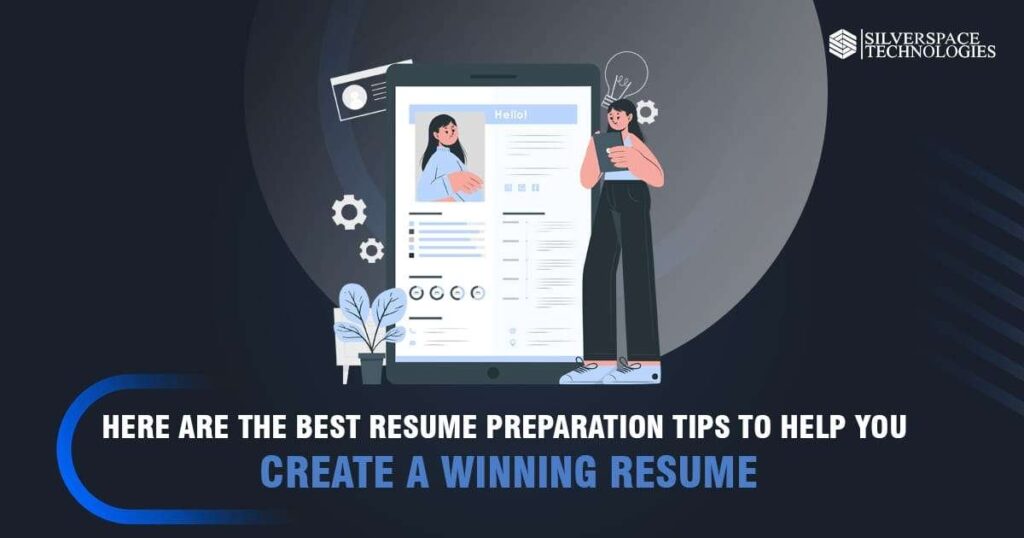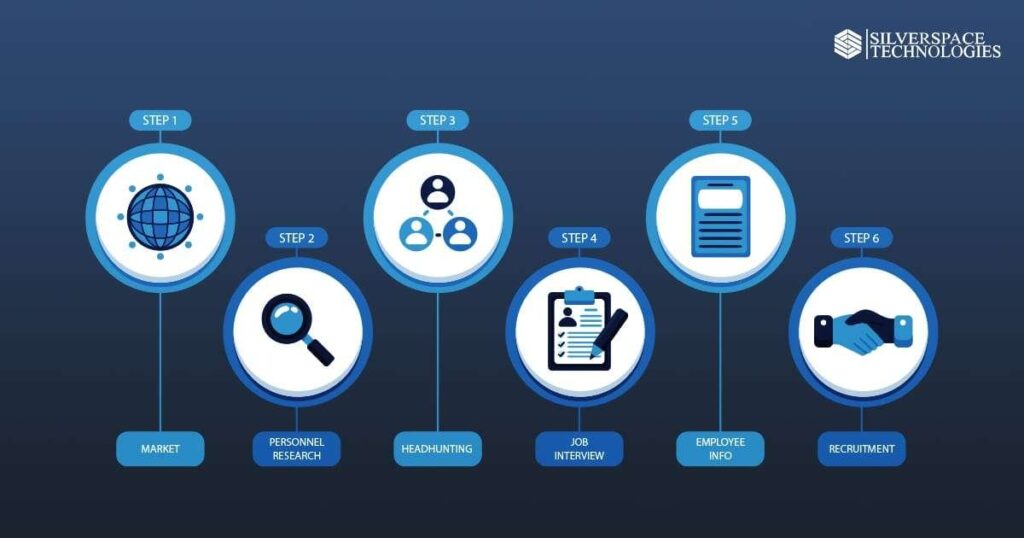
US H-1B and H-2 Work Visas 2025, Eligibility, New Application Process
What if 2025 is your year to land a job in the United States? What if the doors to your dream career just got easier to open?
The U.S. has redefined how foreign talent can contribute to its thriving industries, whether you’re a tech wizard, a healthcare professional, or even a seasonal worker who is ready to make an impact through these changes designed to open a new opportunity for you.
U.S. immigration procedures are considered a key link to attracting global talent to meet the labor needs of an expanding economy, where the H-1B and H-2 work visas provide a home for foreign nationals seeking to work in the U.S. in specialized or temporary and seasonal occupations. These programs are meant to help U.S. employers fill skill gaps across the technology, healthcare, agriculture, hospitality, and construction sectors.
This guide will take you through the purpose of these visas, eligibility criteria, key updates, and the new application procedure, everything you need to know to prepare for this exciting opportunity.
The H-1B and H-2 Work Visas Explained
Before getting into the details of the changes in 2025, it is necessary that you know what the H-1B and H-2 work visas are all about, who they target, and how they fit into the totality of the U.S. immigration system.
H-1B Visa: Your Ticket to a Skilled Professional Career in the U.S.
The H-1B visa applies to foreign workers who plan to work in the United States in a “specialty occupation.” This means a job that usually requires some higher-level knowledge, plus a bachelor’s degree or its equivalent in a certain field.
The H-1B visa is mainly aimed at highly skilled workers whose industries include:
- Information Technology (IT)
- Engineering
- Healthcare (doctors, nurses, etc.)
- Scientific Research
- Finance
- Education
This visa is one of the most sought-after, as it gets thousands of applications each year. Due to its popularity, the application process can be quite competitive. Employers are permitted to file H-1B visa sponsorship petitions on behalf of foreign nationals, but applications are capped yearly; therefore, most applicants are essentially participating in a lottery.
H-2 Visa: Opening Doors for Temporary and Seasonal Work
The H-2 visa is issued to foreign workers who are coming to the U.S. for temporary or seasonal work. There are two main subcategories under the H-2 visa:
- H-2A for agricultural workers (farm labor, planting, harvesting, etc.)
- H-2B for non-agricultural workers (in sectors such as tourism, hospitality, landscaping, construction, and seasonal labor).
During peak seasons, the H-2 visa provides critical support to industries that suffer shortages of labor. Like the H-1B, the H-2 visa process can be capped, although there are larger cap allocations during certain seasons of high demand.
Are You Eligible for the H-1B Visa?
Purpose of the H-1B Visa
The H-1B visa is a way for employers in the U.S. to bring skilled foreign workers in through the process of filling job openings. The categories where the H-1B visa is important include skilled jobs are computer technology, health care, and engineering with the demand for jobs far exceeding the number of qualified U.S. citizens for the same jobs.
Eligibility Requirements
To qualify for an H-1B visa, applicants must satisfy specific educational and professional requirements:
- Educational Requirement: Applicants must hold a bachelor’s degree or higher (or its equivalent) in a specific field relevant to the job they are applying for. For example, an IT professional must have a degree in computer science or a related field.
- Employer Sponsorship: An applicant cannot apply for the H-1B visa on an independent basis; they need to be sponsored by a U.S.-based employer. That means that a petition must be filed by the employer on behalf of the worker and it must show that finding a U.S. citizen capable of doing that job was impossible.
- Job Specificity: The job offered must require specialized knowledge. Routine and entry-level jobs do not qualify for H-1B visa applications.
2025 Updates to the H-1B Visa You Can’t Afford to Miss
In 2025, the H-1B visa program has undergone critical changes that help make the system more effective, equitable, and aligned with the growth of the U.S. labor market. These changes have serious implications for employers and applicants.
1. Annual Cap and STEM Visas
In 2025, the H-1B visa cap will remain at 85,000 visas. However, key changes have been proposed on how they are assigned:
20,000 visas are reserved for applicants who have advanced degrees from U.S. institutions. This will ensure that those with the highest qualifications have a better chance of receiving a visa.
10,000 additional visas are allocated for STEM graduates. There is still a high demand for qualified professionals in technology-inclusive fields, engineering, and biotechnology. This change is reflective of a commitment for the U.S. to stay a leader in innovation worldwide.
2. Wage Standards
The employers must offer salaries that meet or exceed the prevailing wage rates for the occupation in the specific area. This is to ensure that foreign workers do not lead to a lowering of wage rates for American workers, and this would ease public fears about the displacement of U.S. workers.
3. Priority for Smaller Employers
The process of allocation will now be directed toward the smaller employers (those with 50 or fewer H-1B employees) so that large corporations cannot monopolize the visa allocation while giving small companies greater opportunities for acquiring skilled labor.
4. Switching Jobs Just Got Easier
One of the most promising changes to H-1B holders looking to switch employers: The process has been simplified. Changing jobs used to involve complicated processes and long wait times, but now both institutions will be connected in such a way that it will take less time for the workers. It provides the much-needed flexibility and mobility in the professional life of an employee.
Who Can Apply for the H2 Visa?
Purpose of the H-2 Visa
The H-2 visa is designed to meet the needs of U.S. employers who are short of temporary or seasonal labor in industries such as agriculture, construction, tourism, and hospitality.
Eligibility Requirements
There are two subcategories under the H-2 visa:
- H-2A: For agricultural workers, including those who plant, cultivate, and harvest crops.
- H-2B: For non-agricultural workers who work in industries such as landscaping, construction, and hospitality.
To qualify for an H-2 visa, workers must:
- Being employed by a US company on a temporary or seasonal basis.
- Meets labor requirements specified by the employer.
- Citizens of countries included in the eligible list of the program (subject to regular updates).
2025 Updates to the H-2 Visa You Can’t Afford to Miss
The 2025 updates to the H-2 visa program aim to make the visa process more efficient and respond proactively to labor forces of industries dependent on seasonal or temporary foreign labor.
1. Digital Filing System
One of the most impactful changes is the introduction of a new digital platform for filing job certifications and visa petitions. streamline the employer’s application process, reduce paperwork, increase efficiency, and reduce application processing time. The digitization of filing makes it more efficient in processing a greater number of applications. Thus, it is critical for seasonal industries, like agriculture, with tight timelines.
2. Expanded Country Eligibility
The list of countries that can apply has been made longer to help with the lack of workers in many fields. This means employers can choose from more workers, making it easier to find the right people for their jobs. This is especially helpful for farming, which has been struggling to find enough workers.
3. Temporary Cap Increase
To help with the need for workers during busy times, the government has added 20,000 more H-2B visas for 2025. This will help industries like tourism, hotels, and shops hire people faster during busy seasons like summer or holidays.
These industries often need extra workers for short periods, so the extra visas will help businesses run smoothly when they are busiest.
Step-by-Step Guide: How to Apply for the H-1B and H-2 Visas
The process for applying for H-1B and H-2 visas has been easy in 2025, though it still requires careful attention to detail.
H-1B Visa Application Process
- Employer Sponsorship: The first step to start the process of H-1B is to file a Labor Condition Application (LCA) with the U.S. Department of Labor (DOL). The purpose of the document is to show the payment of wages and that the respective employer adheres to labor laws.
- USCIS Petition: After the LCA is approved, the employer submits the application on Form I-129 to the USCIS. This basically is going to state the details concerning the applicant’s qualifications to perform work for the needed position.
- Lottery System: Since H-1B is in high demand, a lottery system randomly selects the successful applicants unless benefiting from the advanced degree or STEM allocations.
- Visa Application: After the petition is approved, the worker applies for the H-1B visa at the U.S. consulate in his home country.
H-2 Visa Application Process
- Job Certification: Job Certification: The employer must submit an application to the Department of Labor (DOL) to get job certification. This is to show that there aren’t enough local workers available for jobs under the H-2A and H-2B visa programs.
- USCIS Petition: After the job certification is approved, the employer needs to file Form I-129 with the USCIS.
- Visa Application: The workers will then apply at the nearest U.S. embassy or consulate for the visa, giving the documentation required and being interviewed for the visa.
Conclusion
The updates to the H-1B and H-2 visa programs in 2025 show how the U.S. government is adapting to changes in the job market. The new rules focus on improving pay standards, eligibility requirements, and the application process. These changes are meant to make the system fairer, and more efficient, and create better opportunities for foreign workers.
Whoever you are, skilled or seasonal, understanding these changes would help you to take advantage of the application process filled with those opportunities in the United States. The updates to the H-1B and H-2 programs in 2025 will allow employers to access a wider range of talent while ensuring they meet new wage requirements and treat workers fairly.
With proper preparation, both employers and applicants can take advantage of these changes and successfully join the U.S. labor market.

